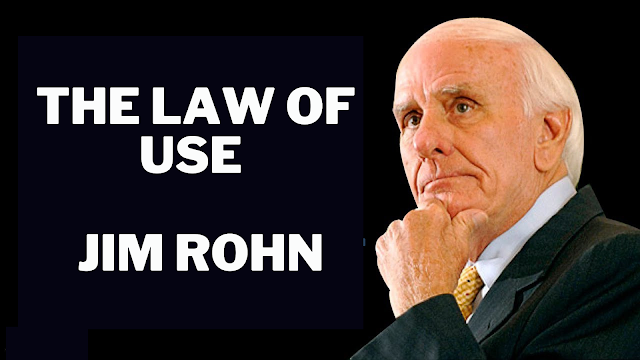Introduction Every year begins with excitement, resolutions, and expectations of change. People hope the next year will be different, better, and more fulfilling. Yet by the time the year ends, many find themselves in the same patterns—thinking the same thoughts, repeating the same habits, and wondering why nothing truly shifted. The difference between an ordinary year and a breakthrough year is rarely luck or talent. It is mindset. A breakthrough life is not built on dramatic moments but on quiet, consistent ideas that guide daily decisions. The following seven ideas are not flashy. They won’t trend loudly. But carried consistently, they can quietly transform how your next year—and your life—unfolds. 1. Fix Your Inputs Before Blaming Your Outcomes When life feels confusing, most people search for answers by thinking harder. They push their minds even when they are already overwhelmed. In reality, clarity does not come from force. It comes from meeting your mind’...
Introduction
The Law of Use is a very old law and can be retraced to Biblical times. Jim Rohn explained about the Law of Use in many of his training sessions. The Law stresses upon the regular usage of our acquired skills. It also focusses upon the importance of now and how our current priorities affect our future. Never put off things for tomorrow if those things can be done today. It’s all about taking the full benefit from the opportunity. Dhirubhai Ambani started his career from the Petrol Pump and worked his way upwards and was able to become the filing manager. Ultimately, he returned to India and started his own business. He took full advantage of the opportunity, even when the opportunity was completely unknown.The Law of Use
In simple language, the law says that “The things which you do not use, you lose.” One of the most important ideas pertaining to the Law of Use is “Today Unused is Lost”.Buy famous Jim Rohn Books:
Twelve Pillars | The Power of Ambition | 7 Strategies for Wealth & Happiness
Many people start their day without planning, and they move around aimlessly from here and there. Each day must be planned out with the vision that align with our short- and long-term goals. This habit can be developed by making our own beds in the morning. Bed making is the smallest step towards self-discipline as we cannot fix the world without fixing ourselves.
The Parable of the Talents
Jim Rohn mentioned a biblical story which is also known as The Parable of the Talents. Here the Law of Use was put to test. This story shows what benefits can we get if we utilise our current resources and what happens if we decide not to act timely.A master had three servants and one day he decided to visit some other town for business. He called all three servants and handed over talents (measure of gold) to them. He guided servants to use those talents as per their convenience and told servants to discuss about those talents after returning from the business trip. The first servant got 5 talents, second servant got 2 talents and third servant got 1 talent. After returning from business trip, master called all three servants to enquire about the talents. First two servants were very successful and doubled their talents in the given period. First servant had 10 talents and second servant had 4 talents. The third servant was very conservative, and he had hidden the talent from everyone. He handed over that 1 talent to the master after his arrival. Master became very angry with the response of third servant and handed over that single talent to the first servant who had 10 Talents.


Comments
Post a Comment
Please do not add any spam link in the comment box